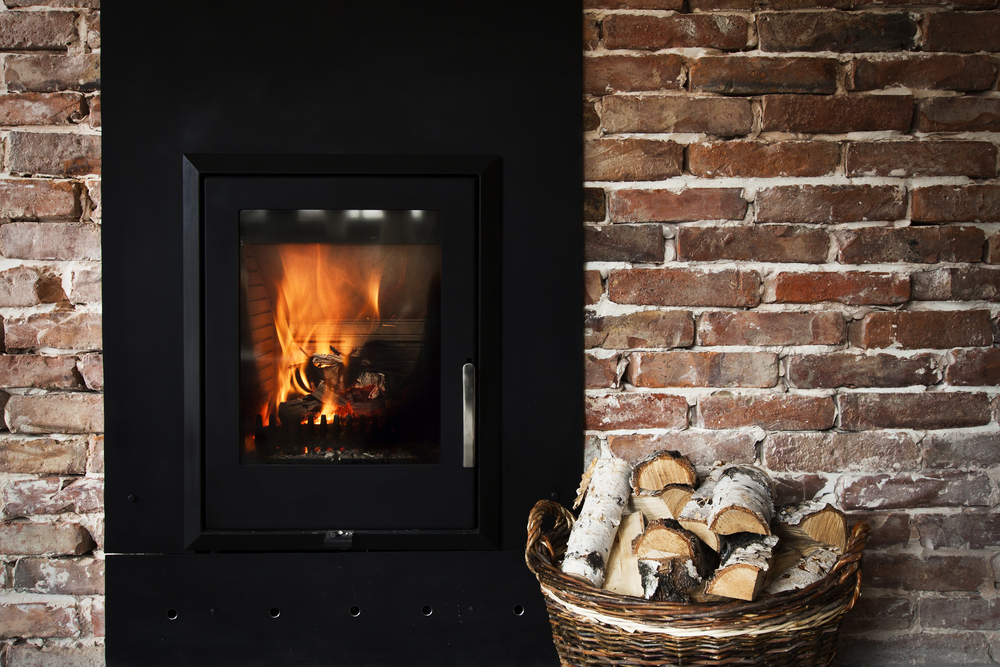With wood burning and multi-fuel stoves increasing in popularity over recent years, there has also bee a rise in the number and type of different fuels. With a wood burning stove you should be sticking to FSC wood, but there are more options for multi-fuel stoves. So what are the suitable fuel types for multi-fuel stoves? And which type of fuel will best suit your requirements? Well, here at JMS Wood Burning and Multi-Fuel Stoves, we are leading stove experts. From multi-fuel stoves, to wood-burning stoves, we have a wealth of knowledge, skills and expertise. And this is our guide to help choose the right fuel for your requirements.
Choosing the right fuel for multi fuel stoves
There are a number effective fuel options for steel or cast iron multi-fuel stoves. These include:
- Wood and logs- you can burn wood on a multi-fuel stove. Just like logs for a wood burner, you should only choose wood that is FSC approved.
- Smokeless fuel briquette– these are specifically crafted briquettes that can be used on a multi-fuel stove, without creating smoke. These are very popular as they are easy to light, and reach a very high heat. These also leave no waste, just ash.
- Anthracite- this is a naturally occurring smokeless fuel, with a long burn time. However, it is not as easy to light as the manufactured fuels, like the smokeless briquettes.
Fuels to avoid for your multi fuel stove
There are some fuels to avoid for your multi-fuel stove as well. These include:
- House coal- Unless specifically stated in your manufacturer’s guide, you should avoid using house coal in your stove at all costs. This is because the house coal burns at a much higher temperature, which could cause damage, while the smoke will also blacken your stove’s glass.
- Peat- Peat is not a renewable source of energy, and could cause environmental damage.
For more information or advice, get in touch with the experts today, here at JMS Stoves.

